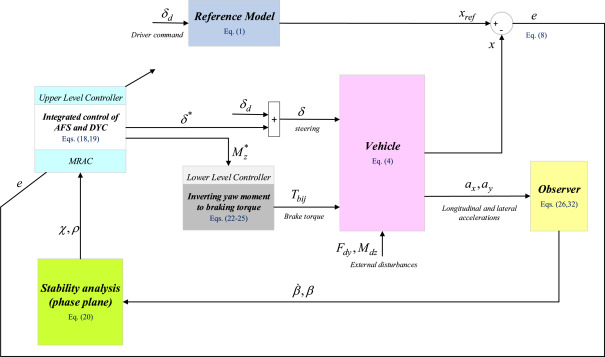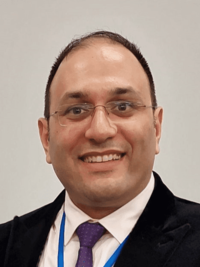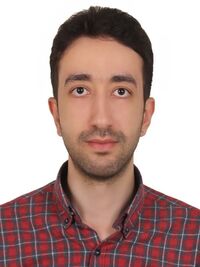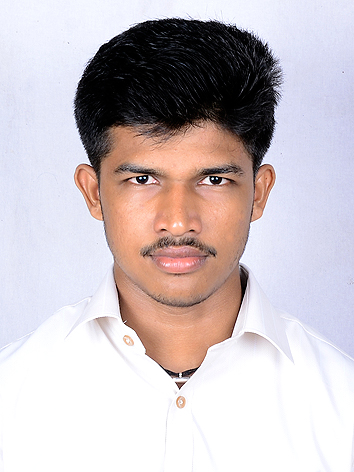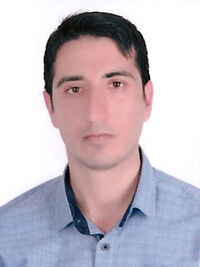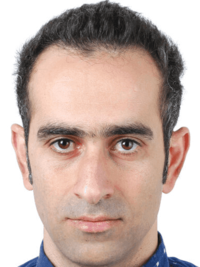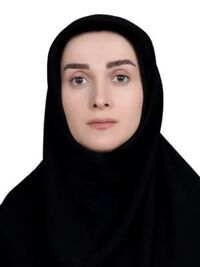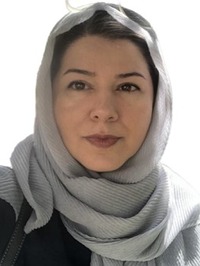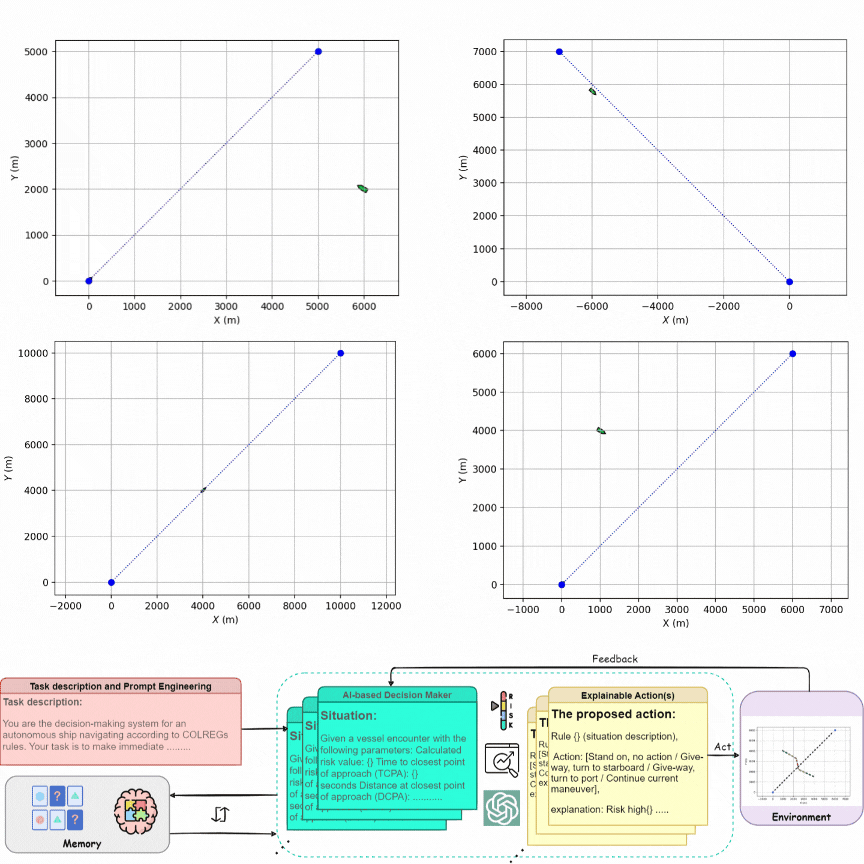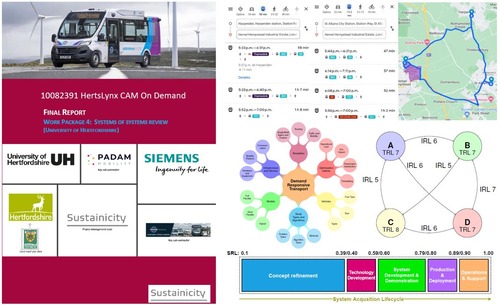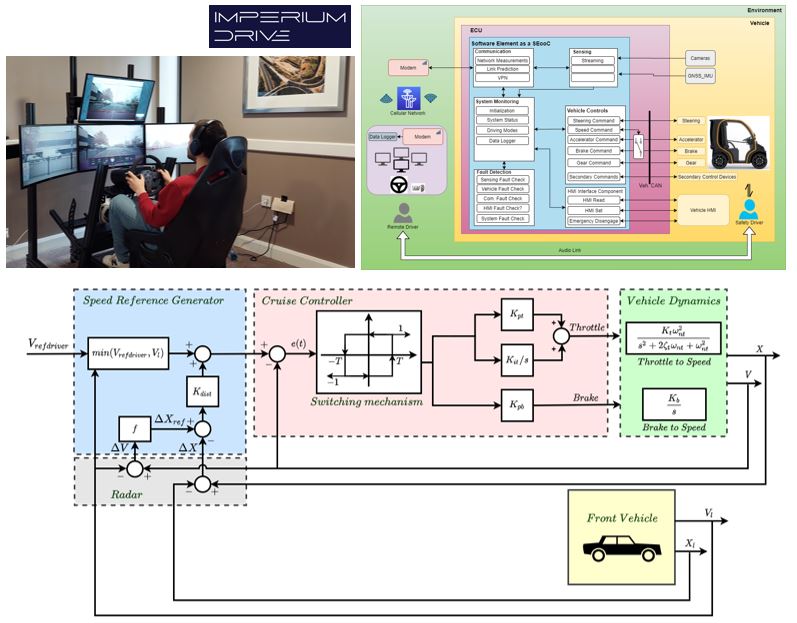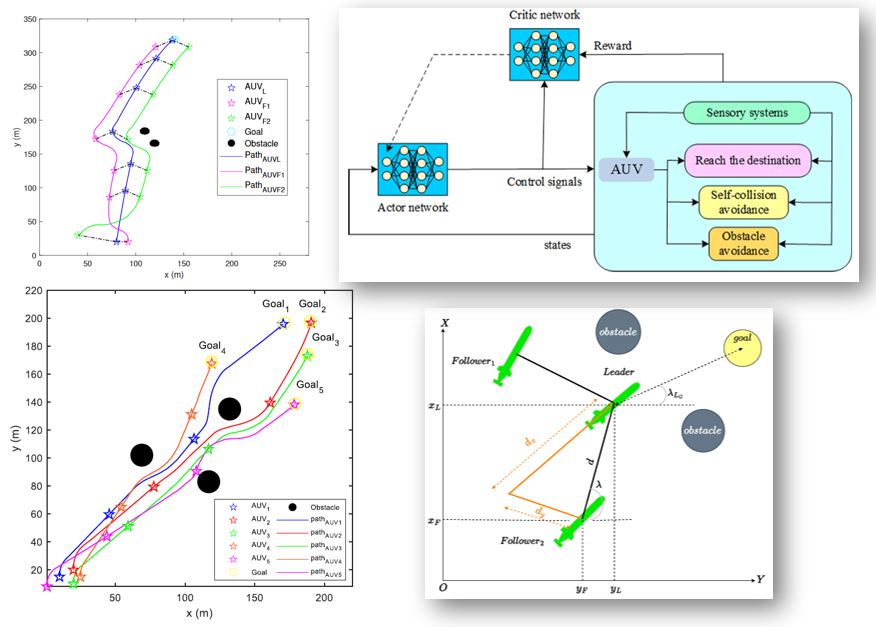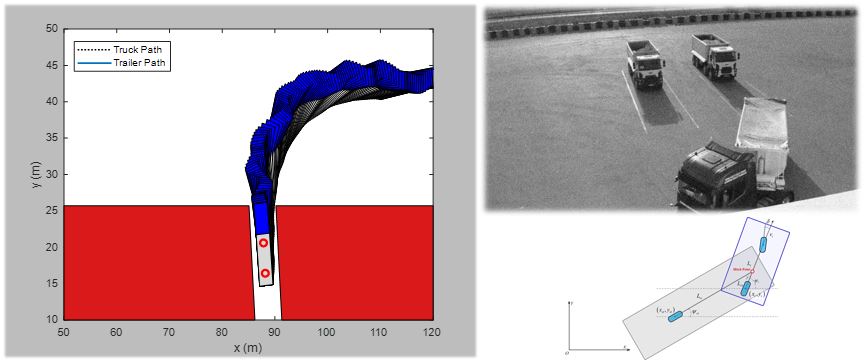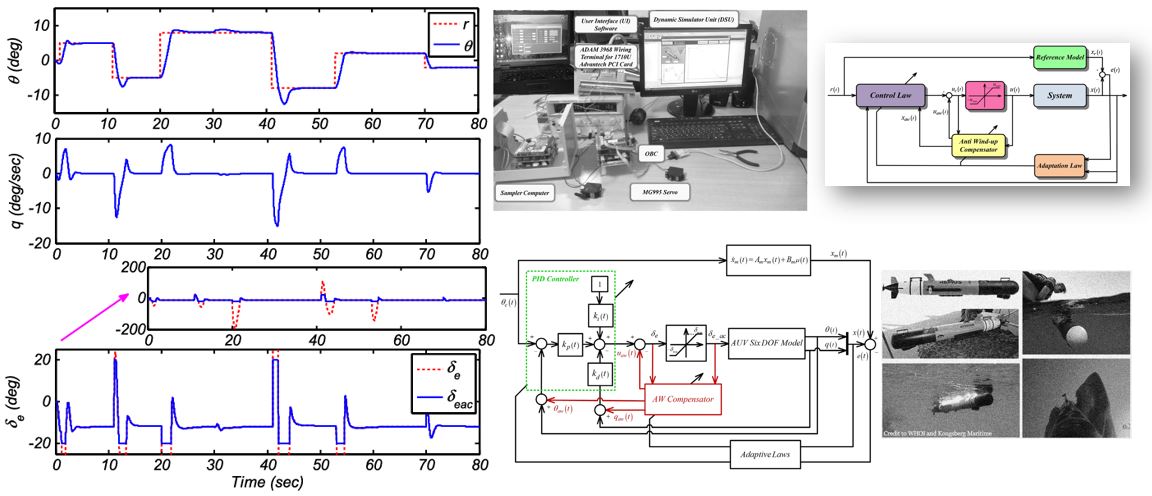Collision avoidance is a critical component of mission planning in all autonomous vehicles. The decision-making algorithms in MASS must adhere to the COLREGs (Convention on the International Regulations for Preventing Collisions at Sea) for obstacle avoidance and manoeuvres.
However, implementing COLREGs within MASS presents significant challenges. The textual and somewhat ambiguous nature of COLREGs, which were primarily designed for human operators, has long been a barrier to effective algorithmic implementation. Recent advancements in explainable Artificial Intelligence (AI) and machine learning show promise in enabling human-like decision-making.
This research investigates AI-based, risk-aware motion planning and collision avoidance algorithms for MASS.
The developed algorithms integrate state-of-the-art AI solutions with classical and resilient local planning and control mechanisms, incorporating Line of Sight (LOS) and Cross Track Error (CTE) for optimal waypoint tracking and disturbance rejection. For the first time, the application of Large Language Models (LLMs) is proposed to ensure adherence to COLREGs. The proposed decision-making system introduces an innovative online risk index, considering Distance and Time to Closest Point of Approach (DCPA and TCPA), alongside other relevant indices, to maintain safe operational behaviour. With further development, text-to-rule-based decision-making algorithms hold promise in enhancing the safety of MASS. This research is in its early stages but has the potential to revolutionise safety in MASS and related applications. Plans are underway for the formal verification of the proposed algorithms.


